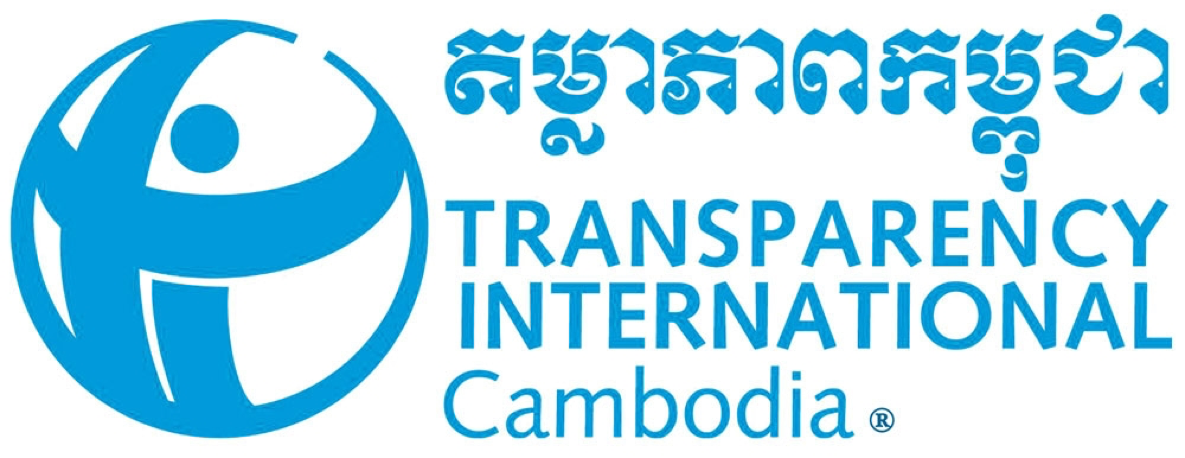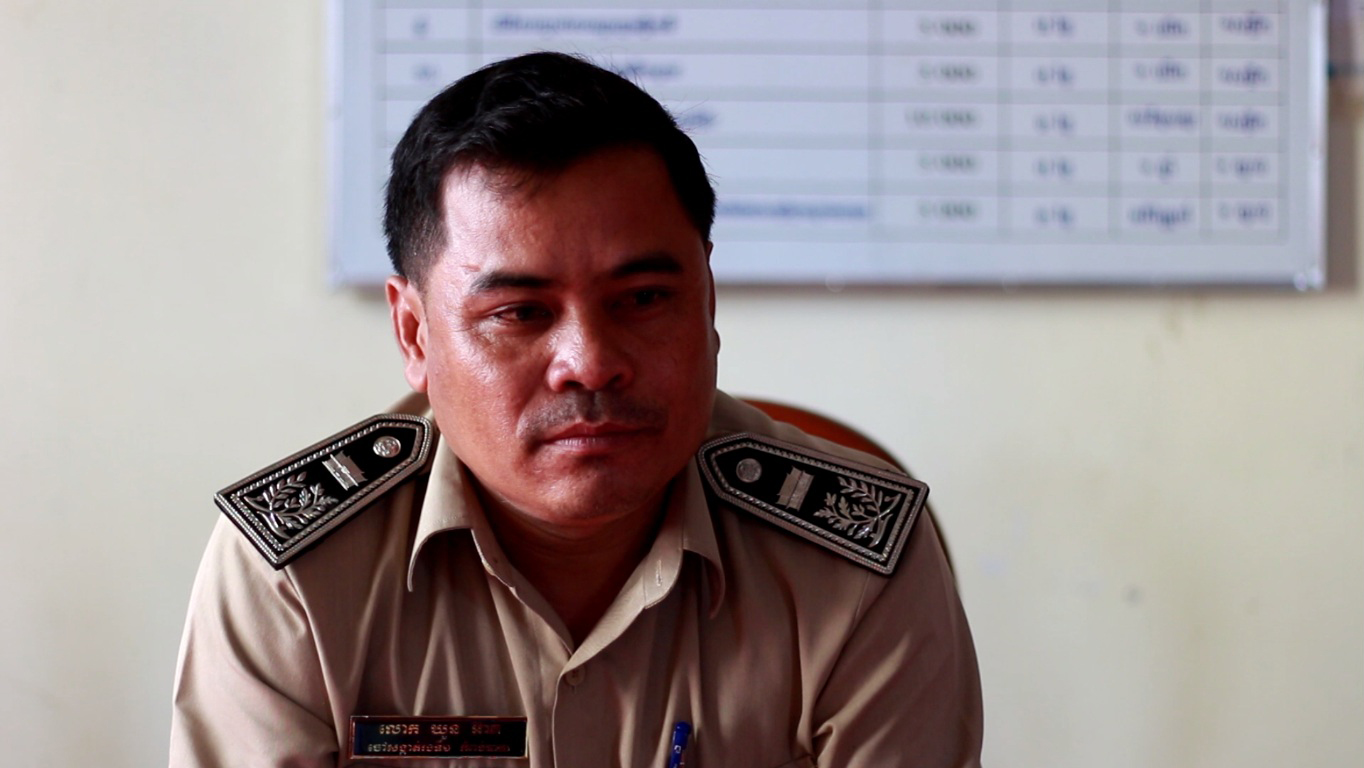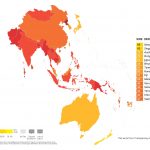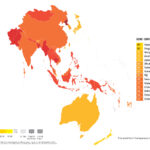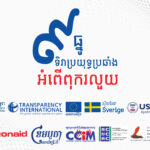“The Deputy Commune Chief who Stands-Up against Corruption”
Khuon Art has been working as a local authority official for 15 years, starting from a Commune Assistant all the way to the First Deputy Commune Chief. As a representative of Kampung Bay Sangkat in Kampot city, Kampot province, he attended a three-day training on “Good Governance and Anti-corruption” which was organised in early 2015 by CWDCC in cooperation with Transparency International Cambodia.
After joining the training, he noticed some notable changes in himself as well as in others around him. As he put it, “Good governance, anti-corruption and transparency are what authorities work on. They are sensitive to the government, and we are ordered to work on them nowadays.” Besides carrying out his own duty in anti-corruption, Khoun Art also admitted that in the past both the people and the commune officers did not understand clearly the anti-corruption law and the public service fees. As a result, people would always pay to facilitate public services, and the officers would accept the money. However, after he attended the training, he did not only improve his knowledge related to corruption and good governance, but he also changed the way he implemented his work in his institution. More importantly, he shared information widely with the local people and informed them about anti-corruption and public service fees.
After the training, Khoun Art distributed 500 copies of posters illustrating the public service fees to hundreds of families and encouraged them to go and seek out public services by themselves without using middlemen. As a result of his efforts in sharing the information, he observed that more people came to ask for and receive the public services on their own. He also encouraged people to report corruption or any dissatisfaction with the work of any commune officials. He said, “I told them if they want to criticise any officers, please do not be afraid. They could report this through the accountability box or write a letter to the Commune Chief. No one will reveal his or her identity. However, instead of writing a letter, they can report it to me directly.’’ After he encouraged people, he noticed that more people participated in reporting corruption. For example, there was a case in which an officer took money from villagers when measuring the land, and then they reported it to him. He took immediate action by summoning that officer for questioning and warning. He said to that officer, “In the future, do not take the money from the villagers even if they offer it to you!”
In addition to educating villagers on corruption and public service fees, Khoun Art also shared the knowledge he received from the training with his colleagues. Evidently, he included presentations in the agenda of a Commune Council monthly meeting, which was attended by many relevant authorities such as Police Chiefs, School Principals, Head of Health Centres, Commune Councilors, Village Chiefs, and Commune Officers. Interestingly, those authorities put the knowledge gained into real practice. To illustrate it, Khoun Art recounted one case of a female teacher at Mohasamaki School who was accused of taking money from the students. The School Principal and Commune Chief conducted an investigation, summoned the teacher, gave her a warning and asked her to sign a letter pledging not to do it again. Since then, Khoun Art has not seen any case like that happening at Mohasamaki School again.
Khoun Art earned a lot of respect from people and became an expert in good governance and anti-corruption. He was often invited to speak at Radio FM 99.7 on topics related to good governance and anti-corruption. The listeners also gave positive feedback, saying that his explanation was easy to understand.
Khoun Art is strongly committed to the fight against corruption in the name of local authority leader. As he said, “I am committed to reducing corruption as much as possible and I do this for my good reputation.” Moreover, he believes that a country cannot be developed unless corruption is reduced as much as possible. Thus he thinks that his changes and the cooperation from people are very important if we want to change a system.
Emphasising his strong commitment in fighting against corruption, he clearly stated that he planned to incorporate education on good governance and anti-corruption in the annual development plan of Kampong Bay Commune with the aim to improve the knowledge of people, and strengthen the performance of local authority to be more effective.
This post is also available in: Khmer
 English
English ភាសាខ្មែរ
ភាសាខ្មែរ